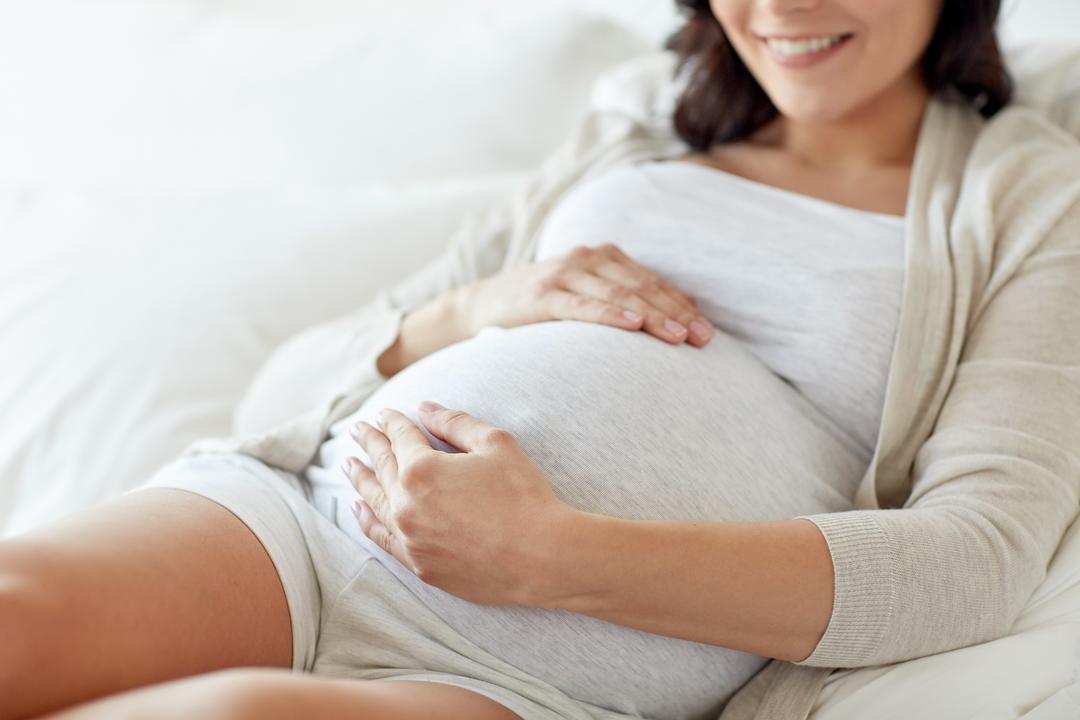The subject matter for World Health Day 2019 is ‘Universal health coverage: everyone, everywhere’ which draws great significance role for women and girls. This theme aims to build more inclusive systems, regular services, and infrastructure for the Sustainable Development Goals.
As a developing nation, India is growing and rapidly changing by foreign investment in every industry. The health industry specialists is increasing irrespective of the country’s economic situation. However, there is often the risk of congenital disabilities. Sample Registration System (SRS) indicates that, from 2008 and 2015, as many as 11.3 million children in the country died before their fifth birthday. Over 55 percent of babies died before completing even 28 days of their life.
Some mothers pass all pregnancy phases without complications while the unlucky ones get infected which puts there as well as newborns’ health at risk. The various complications may range from Polio, Cerebral Palsy, Premature birth, Preeclampsia, Clubfoot, and abdominal pain etc.
Following is a brief description of the possible diseases and complications:
1. Cerebral palsy:
Cerebral palsy is a permanent movement disorder, affecting muscle tone or posture that can be originated by contamination, insufficient blood cells flow or harm to a newborn’s brain either in early pregnancy or while the baby is still young and immature. Some known causes of cerebral palsy include certain infections in the mother while being pregnant which include rubella (German measles, toxoplasmosis (mild parasitic infection) and cytomegalovirus which is generally a mild virus infection which causes brain damage. It is advisable to get vaccinated before trying for pregnancy at the same time controlling lifestyle disorders such as diabetes, high blood pressure, etc.
Given the reports from the Indian Institute of Cerebral Palsy, roughly 33,000 people in the country have cerebral palsy; however, globally the occurrence of cerebral palsy is 1 every 500 live births. In India 13 out of 14 cases of cerebral palsy occur while the mother is pregnant or in the first month after birth. The whole period of pregnancy is a journey for a mother and her child where they grow together, sleep and eat together. During the pregnancy, the mother also goes through a lot of stress, mood swings, and pain. There are many reasons during the pregnancy which may cause damage to the developing child’s brain which can later lead to cerebral palsy.
There are different types of cerebral palsy such as Spastic Cerebral Palsy, Dyskinetic Cerebral Palsy, Mixed, and Ataxic Cerebral Palsy.
Given the reports from Health Management Information System, 5.55 lakh miscarriages have been recorded from April 2017 till March 2018 of which 4.7 lakh happened in government hospitals. It is normal to have abdominal pain; however, in certain cases, it plays a significant role in miscarriage. There are more symptoms like back pain, bleeding with or without cramps, 5-20 minutes contractions, vaginal mild or sharp cramping, unexpected depletion in other symptoms of pregnancy.
Case Study:
Nishant is a youngster of 21 years that is suffering from Cerebral Palsy. His father, Sudhir Gupta runs a small dhaba in Janakpuri area of Delhi. Nishant is the oldest of three siblings, and he got admitted to the Narayan Seva Sansthan hospital this March. He is really interested in sports and hopes to make a full recovery so that he can get to play sports some day. He wants to help his father by sharing equal loads in his household and help with his younger siblings with their studies. He loves spending time with his siblings and enjoys playing board games with them.
Prashant Agarwal, President of Narayan Seva Sansthan, said, “As our motto is to serve Humanity. Narayan Seva Sansthan has operated over 3.7 lakh patients in the last 30 years and has provided them with full socio-economic support by availing best of the medical services, medicines and technologies in free”.
2. Premature birth:
Preterm baby is one who is born between 24th – 37th weeks of pregnancy. The Global Action Report on Preterm Birth by World Health Organization in collaboration with other reports says that in India, the premature birth rate is 3,519,100; almost 24 per cent of the total number. Given the data, India is topmost on the list of 10 nations bestowing 60 per cent of the world’s premature babies. To avoid further complications, it is suggestive that women should go for regular health checkups during pregnancy and follow doctor’s advice on lifestyle modification to maintain high activity.
3. Preeclampsia:
Preeclampsia slows down the growth of the baby during pregnancy. Following 20 weeks of pregnancy, if doctors observe high blood pressure; proteinuria i.e., protein in the urine; one of the reasons of this may be preeclampsia There are multiple symptoms of preeclampsia like headaches, nausea, swelling, stomach pain and visual disturbances. If diagnosed in time, the mother can get treatment, else it can lead to severe complications like liver failure and cardiovascular problems.
4. Clubfoot:
Today’s fast-paced lifestyle and stress bring a lot of abnormalities in pregnant women. One of such abnormality is clubfoot which is a congenital orthopaedic anomaly. It also is a congenital disability where tight tendons can twist the feet out of shape, either rotated inwards or downwards.
Though the reasons of contracting clubfoot are unclear, scientists strongly reckon that it is due to the lack of amniotic fluid in the womb. Remarkable to note is that amniotic fluid helps in the development of lungs, muscles and digestive system. Lastly, those who have a family history of developing this condition are at high risk so precautionary women should be careful and get regular health checks done.
Case Study:
Sanya is a 13-year-old girl affected with Clubfoot and Cerebral Palsy since birth. She belongs to the Kotdwar city in Uttarakhand. Earlier she was being treated at other facilities, but not much improvement was seen in her condition. She visited Narayan Seva Sansthan with her mother, Farida and has been admitted in their facility since 8th of March for her corrective surgery. Sanya enjoys listening to music, her mother says ever since she was a child she would perk up at the sound of music and begin giggling. She is fond of food and enjoys her mother’s cooking.
5. Heart defects:
This is a congenital heart defect which causes structural problems by abnormal formation of the heart or major blood vessels. There are different types of congenital heart defects like Septal Defect, Atrial Septal Defect, Ventricular Septal Defect, Complete Atrioventricular Canal Defect (CAVC), and Valve Defects. During pregnancy, the child can be born with these defects in the heart. The doctor can spot the defect in the womb but the diagnosis is not possible before the baby’s birth.
By Senior Dr Amar Singh Chundawat at Narayan Seva Sansthan.


